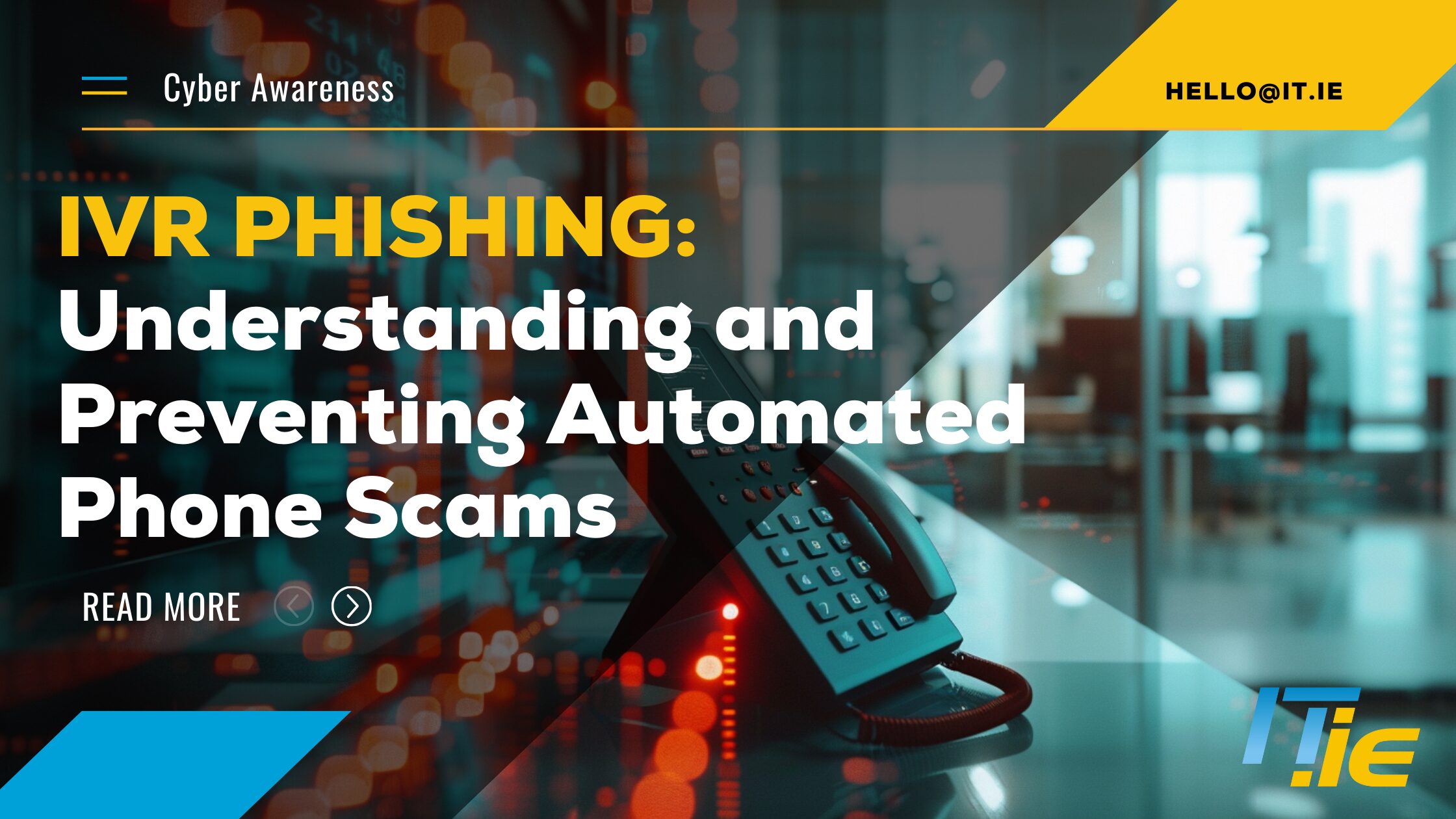As technology continues to evolve, so do the methods used by cybercriminals to exploit it. One such method is Interactive Voice Response (IVR) phishing. This form of phishing leverages automated phone systems to trick individuals into revealing sensitive personal or financial information. Let’s delve into what IVR phishing is and how to protect yourself from this growing threat.
What is IVR Phishing?
IVR phishing involves scammers setting up fake automated phone systems that mimic those used by legitimate organisations. Here’s a typical scenario of how it works:
Setup: Scammers create a bogus IVR system designed to sound like a trusted entity, such as a bank or government agency.
Contact: They contact potential victims via phone calls or SMS, often pretending to be from the trusted entity.
Bait: The message usually creates a sense of urgency, claiming there is an issue with the victim’s account or other urgent matters.
Direct: Victims are instructed to call a number provided in the message, which leads to the fake IVR system.
Extract: Once connected, the IVR system prompts victims to input sensitive information, such as account numbers or PINs, under the pretence of verifying their identity or resolving the issue.
Use: Scammers then use the collected information for fraudulent activities like accessing bank accounts or committing identity theft.
IVR phishing involves scammers setting up fake automated phone systems that mimic those used by legitimate organisations. Here’s a typical scenario of how it works:
Protecting Yourself from IVR Phishing
To safeguard against IVR phishing, consider these best practices:
Verify Authenticity: Always verify the phone number or website independently using official contact details from the organisation.
Be Cautious: Treat unsolicited calls or messages asking for personal or financial information with suspicion.
Do Not Share: Never provide sensitive information over the phone unless you initiated the contact with a trusted source.
Report Suspicious Activity: If you suspect an IVR phishing attempt, report it to the relevant authorities or the impersonated organisation.
Staying informed about these evolving threats and taking proactive measures can significantly reduce the risk of falling victim to IVR phishing scams.
To help you better understand this threat we have added a brand-new course “Staying Safe from IVR Scams,” to our Human Risk Management Service. Our service includes Cyber Awareness Training and realistic Phishing Simulation campaigns to ensure your organisation stays ahead of potential threats and mitigate the risks.
Contact us today at hello@it.ie to learn more about our Human Risk Management services and how we can help you create a cyber awareness culture at your organisation.














